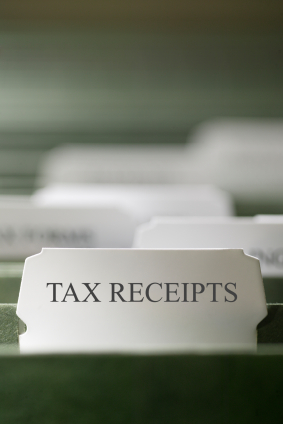Substantiating business expenses is a common problem for many businesses going through an audit with either the Internal Revenue Service (IRS) or the Minnesota Department of Revenue (MDR). In previous blog articles, we addressed the four steps (step 1, step 2, step 3, step 4) to substantiating most business expenses. This article will focus on the special rules for substantiating the business expenses described in Internal Revenue Code (IRC) Section 274.
IRC Section 162 allows business taxpayers to deduct “ordinary” and “necessary” business expenses from gross income. In general, these expenses must be:
1. Paid or incurred during taxable year;
2. For carrying on any trade or business;
3. Ordinary; and,
4. Necessary. INDOPCO, Inc. v. Comm’r, 503 U.S. 79, 112 S. Ct. 1039 (1992).
IRC Section 274 requires a business to meet special requirements in addition to the IRC Section 162 requirements to deduct certain business expenses. IRC Section 274(d) states that no deduction or credit shall be allowed under IRC Section 162 for travel expenses; meals and entertainment expenses; gift expenses; and, “listed” property expenses unless the taxpayer provides adequate records or sufficient evidence corroborating the taxpayer’s own statement of the following;
(A) The amount of such expense or other item;
(B) The time and place of the travel, entertainment, amusement, recreation, or use of the facility or property, or the date and description of the gift;
(C) The business purpose of the expense or other item; and,
(D) The business relationship to the taxpayer of the persons entertained, using the facility or property, or receiving the gift.
The IRS has published guidance for travel expenses; meals and entertainment expenses; gift expenses; and, “listed” property expenses in IRS Publication 463. “Listed” property, in general, includes: any passenger automobile; any property used as a means of transportation; any property generally used for entertainment, recreation, or amusement purposes; any computer or peripheral equipment; and, any other IRS specified property. IRC § 280F.
In a previous blog article, we referenced the rule from Cohan v. Comm’r, 39 F.2d 540 (2d Cir. 1930), which allows courts to estimate a taxpayer’s business expenses if the taxpayer cannot present records to meet the IRC Section 162 requirements. The courts have refused to apply the Cohan rule to IRC Section 274(d) expenses. In other words, the taxpayer must meet every requirement of IRC Sections 162 and 274(d) to be able to deduct IRC Section 274(d) expenses.
IRC Section 274 further restricts the types and amounts of travel expenses; meals and entertainment expenses; gift expenses; and, “listed” property expenses a business taxpayer can deduct. Please watch for future blog articles explaining these restrictions.

